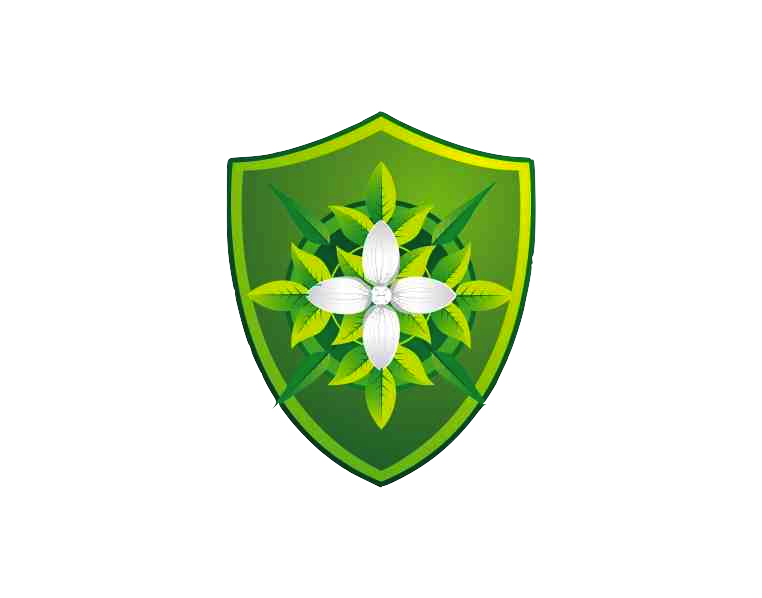99% of the global #EdTech industry exists to serve only the rich schools or 1% of the global market. Many people in this industry make very comfortable salaries (you may be one of them) and the investors do quite well... but, what if? What if we tried to do just a bit better? Imagine the good we could do...
Imagine a world where every child, regardless of where they were born, had access to the same high-quality education. A world where economic birthright did not determine one's educational opportunities, and where the riches of knowledge and resources were shared equitably across the globe. What if we truly cared about the 99% of schools in the Global South that are currently excluded from participating in the modern educational world due to poverty? Here's how much better our world could be if we embraced this inclusive vision.

